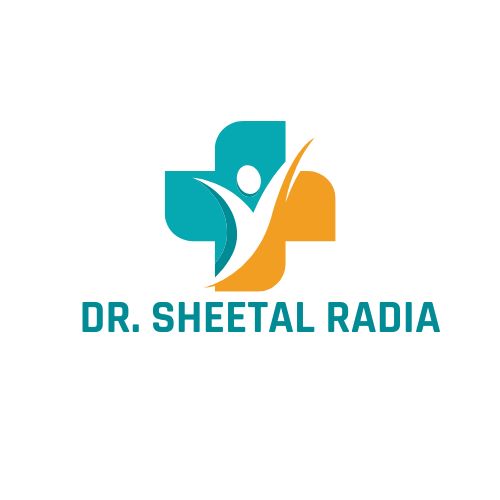+918048031926

This is your website preview.
Currently it only shows your basic business info. Start adding relevant business details such as description, images and products or services to gain your customers attention by using Boost 360 android app / iOS App / web portal.
Platelet-Rich Plasma (PRP) for Hearing Loss: A Nov...
Platelet-Rich Plasma (PRP) for Hearing Loss: A Novel Approach Hearing loss is a prevalent issue that affects millions of people worldwide, with causes ranging from aging and noise exposure to infections and genetic factors. Traditional treatments often include hearing aids, cochlear implants, or medications, but recent advancements in regenerative medicine have introduced a novel approach: Platelet-Rich Plasma (PRP) therapy. What is PRP? Platelet-Rich Plasma (PRP) is a component of blood that contains a higher concentration of platelets than what is typically found in circulating blood. Platelets play a crucial role in healing as they release growth factors that aid in tissue repair and regeneration. PRP therapy involves drawing a small amount of a patient's blood, processing it to concentrate the platelets, and then injecting this concentrated plasma into the affected area. PRP and Its Potential in Hearing Restoration The inner ear, responsible for hearing and balance, contains delicate hair cells that can be damaged due to various factors, leading to hearing loss. Once damaged, these hair cells have limited capacity for regeneration, making hearing loss often irreversible. This is where PRP therapy shows promise. PRP's regenerative properties have been widely studied in fields such as orthopedics and dermatology, and its application in audiology is gaining attention. The idea is that PRP, when injected into the ear, could potentially stimulate the repair of these damaged hair cells, reduce inflammation, and promote overall healing . While the application of PRP in treating hearing loss is still in its early stages, some studies have shown encouraging results. For instance, small-scale clinical trials have explored PRP injections in patients with sensorineural hearing loss, a common type of hearing loss caused by damage to the inner ear's hair cells. These studies have reported improvements in hearing thresholds and speech recognition in some patients, though the results are not yet conclusive. A key aspect of PRP therapy's success in hearing restoration lies in its timing. Early intervention, ideally soon after hearing loss occurs, may increase the likelihood of positive outcomes, as the regenerative potential of PRP might be more effective in the early stages of cell regeneration Platelet-Rich Plasma therapy represents a fascinating and innovative approach to treating hearing loss, with the potential to offer a new avenue for patients who have not found relief with traditional methods. While more research is needed to establish its efficacy fully, the early results are promising and suggest that PRP could one day become a valuable tool in the fight against hearing loss. As the field of regenerative medicine continues to evolve, PRP therapy might play a crucial role in restoring hearing and improving the quality of life for those affected by hearing loss.

